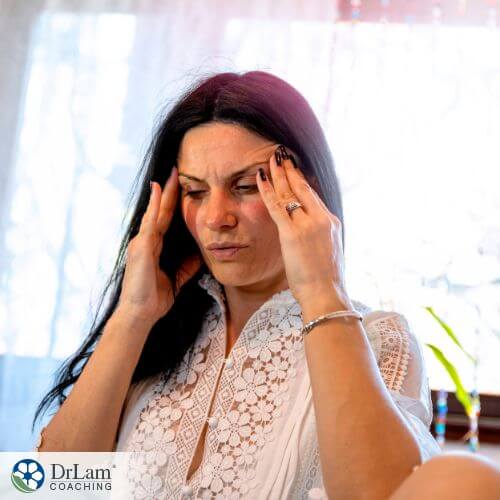 Menopause is the official end of female reproduction, and it is marked by the permanent cessation of menstruation. For many women, menopause is relieving in some ways, as they no longer have to worry about periods or birth control. However, hormonal changes accompany menopause, and many women have to deal with new and uncomfortable symptoms. We will consider these symptoms here and natural supplements to manage them.
Menopause is the official end of female reproduction, and it is marked by the permanent cessation of menstruation. For many women, menopause is relieving in some ways, as they no longer have to worry about periods or birth control. However, hormonal changes accompany menopause, and many women have to deal with new and uncomfortable symptoms. We will consider these symptoms here and natural supplements to manage them.
Menopause occurs when menstrual cycles stop due to lower hormone levels, and it officially marks the end of reproduction in any woman. Today, the term is loosely used when periods become irregular or stop for a few months. However, it is actually marked by the date when a woman has not menstruated for twelve consecutive months.
Generally, menopause occurs between the ages of 45 and 55. In the United States, the average age is 52 years, but women of color may experience it about two years later on average. There haven’t been enough studies to confirm the reason for later menopause onset in people of color.
When a woman undergoes menopause before age 40, irrespective of the reason, it is referred to as premature menopause. Menopause between the ages of 40 and 45 is referred to as early menopause. Although extremely rare, some women experience menopause in their 60s.
Naturally, it does not occur abruptly. Most women experience a slow and gradual transition into menopause, which involves three stages or phases. They are as follows.
This stage occurs several years before menopause and is therefore known as the menopause transitional phase.
Perimenopause, also known as “the time around menopause,” is often used interchangeably with premenopause, but they are different terms. Premenopause is when you do not experience any menopause symptoms and are well within your reproductive age. During perimenopause, you are still in your reproductive years, but the symptoms of menopause occur more frequently, and hormone changes are more significant.
Women experience perimenopause differently – as with the other phases of menopause – so there’s no fixed time or age bracket for perimenopause. Studies even show that hormonal changes associated with this stage may occur about eight to ten years before menopause begins.
During perimenopause, there is a fall in estrogen production in women. There may also be fluctuations in estrogen levels in the body, resulting in irregular periods, which may be much lighter or heavier than normal.
Perimenopause may last up to four years, and in the final year of this stage, estrogen levels drop even faster, and many women start experiencing menopause symptoms. While the chances of pregnancy drastically reduce in the years leading up to menopause, a woman can still get pregnant. As such, perimenopause is not a good time to get off birth control.
This stage occurs when a woman has not had a menstrual cycle in twelve consecutive months. Menopause is a tricky stage because many women can go a few months without having a period and think they are in menopause already, only to have one out of nowhere.
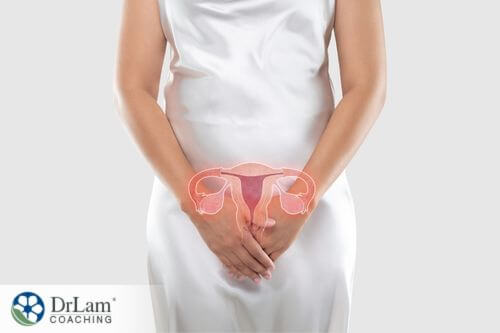 Menopause usually occurs between the ages of 45 and 55 globally, but occurs on average around 51 years. During this stage, the ovaries stop releasing eggs, and estrogen production are minimal. Because there are fewer hormonal fluctuations and the body has had time to adapt to the changes in hormonal levels, there are fewer menopause symptoms during this stage.
Menopause usually occurs between the ages of 45 and 55 globally, but occurs on average around 51 years. During this stage, the ovaries stop releasing eggs, and estrogen production are minimal. Because there are fewer hormonal fluctuations and the body has had time to adapt to the changes in hormonal levels, there are fewer menopause symptoms during this stage.
This is the period after menopause. Most of the menopausal symptoms will have resolved during this stage. However, new health risks may arise due to the lack of estrogen in the body.
Menopause occurs differently in different women, and the length and severity of symptoms differ. If menopause is induced, the symptoms occur abruptly, and the overall impact on health is more severe.
Menopausal symptoms usually begin during perimenopause, the transitional phase of menopause. These symptoms may be related to physical or mental health. The physical symptoms include the following:
Aside from these physical symptoms, there may also be mental symptoms. These include:
You may not need to see a health practitioner for many physical symptoms. On the other hand, mental health symptoms should be taken more seriously, as studies have linked menopause with suicide risk.
Menopause is a stage of life in all women and not a medical condition. As women enter their 40s, the gonads, or ovaries, produce fewer sex hormones (estrogen, progesterone, testosterone, follicle-stimulating hormone, luteinizing hormone), and the body becomes less equipped to handle reproduction. Eventually, egg production ceases, and estrogen production is reduced to the barest minimum. This marks the beginning.
However, menopause may occur early in some women, a condition known as premature menopause. Below are the possible reasons for this situation.
Surgical removal of the ovaries (oophorectomy) will immediately cause menopause to occur. This form of menopause is typically called induced menopause or surgical menopause. Unlike normal menopause, induced menopause happens abruptly. By implication, menopausal symptoms may also occur abruptly.
A procedure that usually accompanies oophorectomy is hysterectomy, which is the removal of the uterus. However, if the uterus is removed while the ovaries are untouched, menstruation ceases, but hormone production remains normal. In that case, the woman will experience symptoms as normal.
During cancer management, some women may experience menopause due to chemotherapy and radiation therapy altering the normal functioning of the ovaries. Here, menopause may begin during the therapy or shortly after. Many factors are in play here, but age and the therapy target impact the likelihood of premature menopause from therapy.
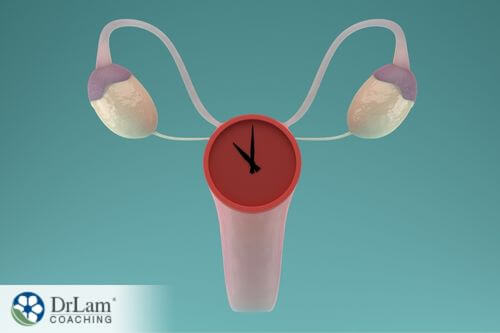 Also known as primary ovarian insufficiency, premature ovarian failure occurs when the ovary stops releasing eggs prematurely, with a drop in estrogen levels. The reason for this condition is often unknown, but studies have linked it to genetics and autoimmune disorders. Unlike premature menopause, primary ovarian insufficiency is not necessarily permanent, and egg production may resume as normal after a while.
Also known as primary ovarian insufficiency, premature ovarian failure occurs when the ovary stops releasing eggs prematurely, with a drop in estrogen levels. The reason for this condition is often unknown, but studies have linked it to genetics and autoimmune disorders. Unlike premature menopause, primary ovarian insufficiency is not necessarily permanent, and egg production may resume as normal after a while.
Beyond the menopausal symptoms, menopause can pose health risks, and certain complications may arise. This is primarily because of a reduction in estrogen production. While estrogen is a sex hormone, it influences the neuroendocrine, cardiovascular, skeletal, and adipose tissues.
Aside from menopause, other factors can influence estrogen production as well. As estrogen is a hormone, it is produced and regulated by the hormone circuit of the NeuroEndoMetabolic (NEM) Stress Response, which is the body’s in-built stress-coping mechanism. The NEM involves six circuits of related organ systems that help cope with stress. The Hormone circuit consists of the adrenal glands, thyroid gland, and gonads.
When there is a dysregulation of the Hormone circuit due to chronic life stressors, estrogen production may reduce. When this happens, some of the symptoms may arise without menopause necessarily happening.
If the Hormone circuit remains stressed, Adrenal Fatigue Syndrome (AFS) may develop. This chronic condition occurs when the body cannot keep up with the higher hormone production demanded by chronic stress. Adrenal fatigue can also result in low sex drive, memory fog, and general fatigue, which are also menopausal symptoms.
Additionally, AFS can impact Premenstrual Syndrome (PMS) symptoms in women, contributing to heavy and irregular periods, which is another common symptom during perimenopause.
There are other common complications associated with menopause, and they include:
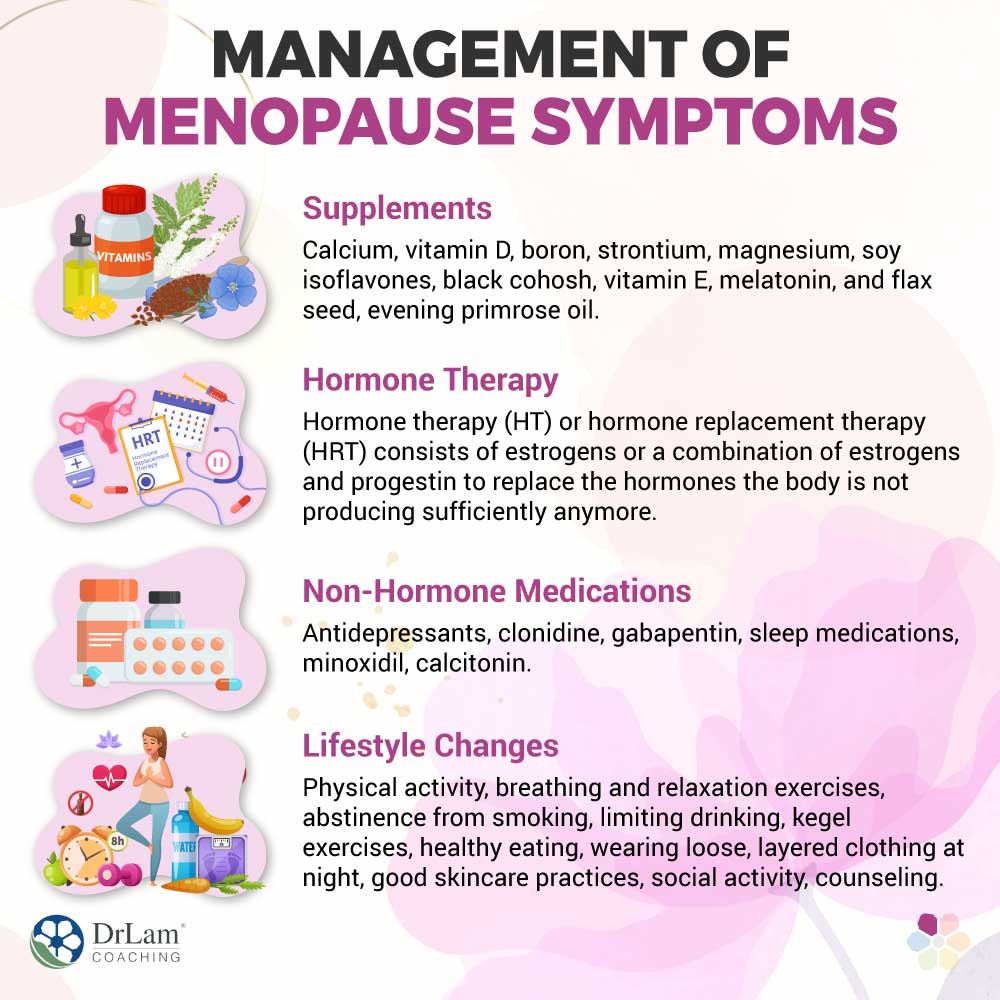
Menopausal symptoms will resolve over time. However, if the symptoms interfere with your ability to lead a normal life, you may need to consider some management options. Ensure you speak to your doctor before starting on any of the following management options.
Certain supplements can help relieve and manage some menopausal symptoms. Calcium, vitamin D, boron, strontium and magnesium can help manage osteoporosis if taken in the right ratios. Soy isoflavones, commonly called phytoestrogens, can activate estrogen receptors in the body. Research has found that soy isoflavones can significantly improve bone density and reduce bone resorption.
Further, black cohosh has anecdotal use in reducing hot flashes and night sweats. Other supplements like vitamin E, melatonin, and flax seed can also help resolve some of the menopausal symptoms.
Evening Primrose Oil is known for its potential to alleviate menopausal symptoms, such as hot flashes and mood swings, due to its high gamma-linolenic acid content. Dr. Lam's Epo Pro is a good supplement to start off if your hot flashes and irritability is off the charts.
Before using any supplement, speak with your health care provider as it's important to know where your hormones are at first before supplementing.
This is the most typical therapy for managing menopausal symptoms. Hormone therapy (HT) or hormone replacement therapy (HRT) consists of estrogens or a combination of estrogens and progestin to replace the hormones the body is not producing sufficiently anymore.
There are different doses of HRT, and you need a medical expert’s recommendation before using this management option. Hormone replacement therapy comes in various forms, including skin patches, topical creams, tablets, and implants. The best types are bioidentical hormones, which look exactly like the hormones that are produced in your body and has less side effects.
Bioidentical hormone therapy can help alleviate or manage the following symptoms:
Hot flashes and night sweating may improve within a few weeks of starting HRT. In contrast, vaginal atrophy and other mental menopausal symptoms may take months to improve.
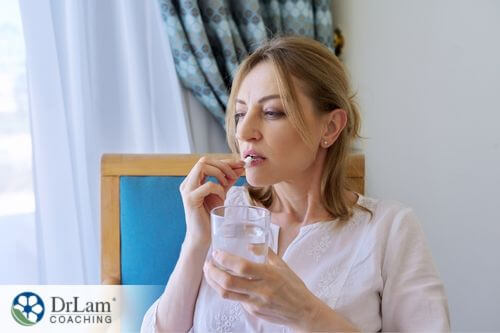 Some medications can relieve menopause symptoms without replacing hormone levels in the body. These medications include:
Some medications can relieve menopause symptoms without replacing hormone levels in the body. These medications include:
Do not use any medication to manage your menopausal symptoms without your healthcare practitioner’s permission.
Certain home remedies can help relieve menopausal symptoms. They include:
Although the management options, particularly medications and hormone therapy, can be beneficial in relieving menopausal symptoms, some risks are involved.
Hormone therapy can increase the risk of some health conditions, like breast cancer, stroke, and heart attack. These risks are even more significant in women above 60 if not using the bioidentical form of hormone replacement and if using estrogen therapy by itself.
Therefore, medical practitioners are required to evaluate the benefits and risks of any form of HRT before making a recommendation. If the risks outweigh the potential benefits, medical experts often advise against the therapy and may recommend medications to combat the specific symptoms instead.
Menopause is the end of female reproduction and is marked by the cessation of menstruation for twelve straight months. While menopause is a natural process, some symptoms may accompany it due to the body trying to adjust to the reduction in hormonal levels.
These symptoms commonly include hot flashes, osteoporosis, and mental health issues. Menopausal symptoms are often resolved with hormone replacement therapy, non-hormone medications, supplements, and lifestyle changes. Ensure you speak to your medical practitioner before commencing any menopause management option.
For more information about menopause and its symptoms, the team at Dr. Lam Coaching can help. We offer a free, no-obligation phone consultation at +1 (626) 571-1234, where we will privately discuss your symptoms and various options. You can also send us a question through our Ask The Doctor system by clicking here.
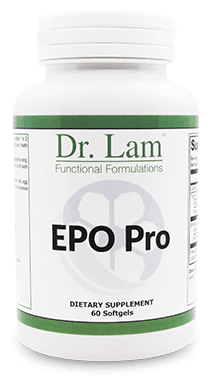
Evening Primrose Oil to help manage hot flashes
Perimenopause is the transitional phase into menopause. While women still get their periods during this phase, they start experiencing menopause symptoms. In fact, because hormonal fluctuations are most drastic during perimenopause, menopausal symptoms are generally most severe during the last years of perimenopause.